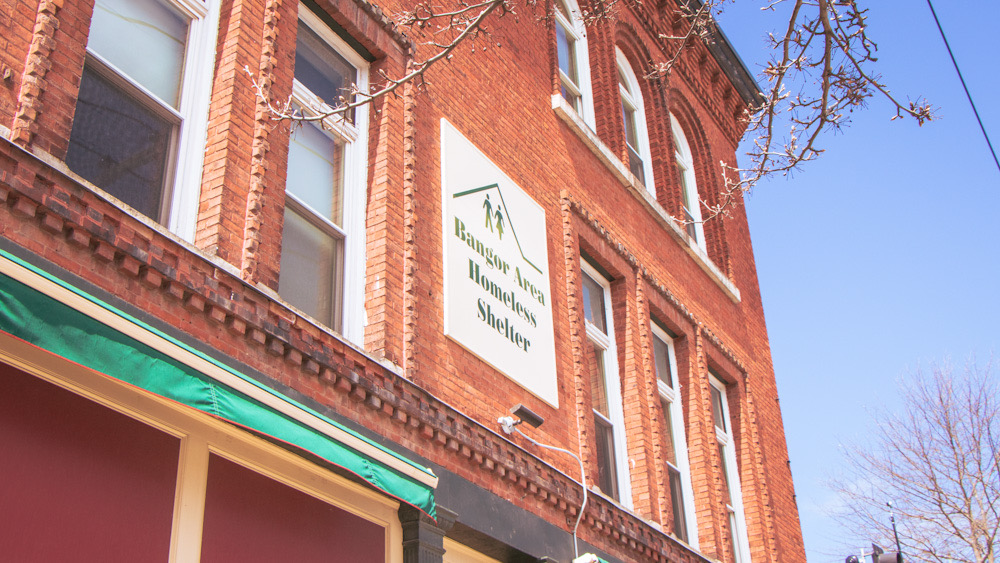COVID-19 has wreaked havoc on our modern world. On top of a public health crisis, the virus has clearly illustrated that many of our public systems are in need of reform. The area of concern which has proven especially relevant in Bangor is the growing rates of homelessness without the adequate shelter and housing capacity to accommodate for this population.
While the exact increase in Bangor’s homeless population is unknown, the Bangor Daily News reported that the city counted 140 unsheltered homeless people in the fall of 2020. At this same time a year prior, the city counted only 25-30 unsheltered homeless people. Rates of homelessness within the community are rising, and far fewer are getting access to affordable housing.
While a large amount of money, including the CARES Act, has been devoted to safely housing our homeless population during the pandemic, this money has been focused on finding short term solutions for housing. Bangor started housing people in the Ramada Inn to address overwhelming numbers of unhoused individuals. These “quick fixes” were certainly needed earlier on in the pandemic, especially during winter months. However, it is time to start using these incoming funds to create permanent housing opportunities.
Makayla White, a behavioral health coordinator (MHRT/C credentials) at Acadia Hospital in Bangor, shared her experiences working with homeless patients. White says that about one-third of her cases are transient (the term the hospital uses instead of “homeless”), and of those cases, many are chronically transient, meaning that they have been unhoused for several months and often return to homelessness after brief stays in other settings. White also says that, of her caseload that frequently reaches well over 30 individuals, the majority are “experiencing chronic housing difficulties.”
One of White’s biggest frustrations working with people without housing is that there is a serious disconnect surrounding what some individuals and organizations think that a case manager can do for a homeless individual versus the resources that are actually available. Unsurprisingly, much of this has to do with matters of finding housing. Many people will come to her saying that they think a case manager will help them get into Bridging Rental Assistance Program (BRAP) or Shelter Plus Care (programs that offer rental assistance to those with mental health difficulties or who are homeless), but transient individuals aren’t typically aware that these programs have very strict criteria.
“Oftentimes even when they do qualify, there aren’t any immediate solutions or availability for apartments,” White said.
The waiting list for section 8 housing is currently 6-8 years, and these unfeasible waitlists are common across all affordable housing options in the area, White says.
As for the future, White hopes to see more landlords accepting rental vouchers from the state, and more buildings being constructed or used for income-based housing.
“In a dream world I would love to see funding for a new, large development so that we can shorten the very long waitlist for federal housing,” she said.
But this might not only have to exist in a dream world; WABI-5 reported that the city of Bangor has received $1 million to help the homeless population. Hopefully some of these funds will be put toward building long-term solutions for the city’s most vulnerable people.
In an editorial, the Portland Press Herald reported that permanent housing opportunities save taxpayer money due to the correlational decrease in police intervention, ambulance rides and emergency room visits. Affordable housing also encourages more local spending, an overall healthier population, and a better future.
Housed individuals are more likely to have access to mental health and substance use services, be better equipped to find work, and have an overall improved standard of living. Affordable public housing would not just benefit individuals in need either; this would be something that could help strengthen our entire community.




